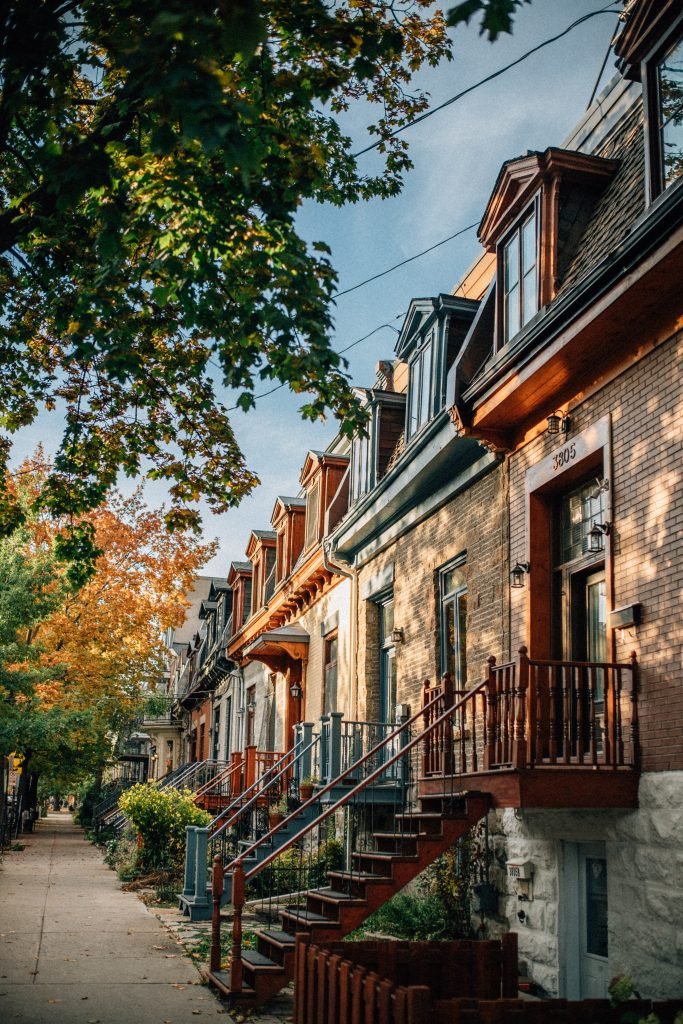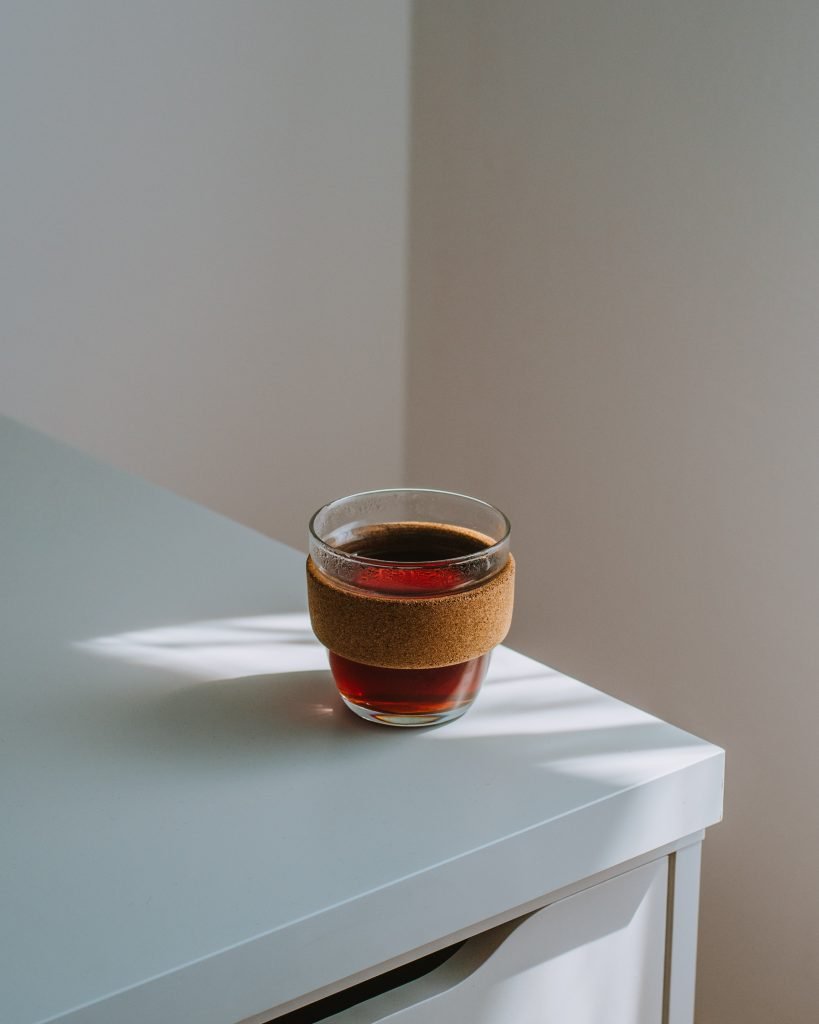
Understanding Bitter Coffee
The choice of beans plays a crucial role in determining the flavor profile. Opt for high-quality, freshly roasted beans to ensure a smoother and more enjoyable cup of coffee. Low-quality beans are more likely to result in a bitter taste due to improper processing or storage.
Experiment with different origins and roasts to find your preference. Arabica beans are known for their smoother flavor profile compared to Robusta beans, making them an excellent choice for those looking to avoid bitterness in their brew.
For instance:
- Choosing freshly roasted Ethiopian Arabica beans can offer floral and fruity notes that contribute to a pleasant taste.
- Opting for light or medium roasts can also reduce the chances of bitterness compared to dark roasts, which tend to have stronger, sometimes bitter flavors.
The brewing method directly impacts the extraction process, which can significantly influence the bitterness of your coffee. Adjusting the brewing time is essential in avoiding over-extraction, which often leads to a bitter taste.
Using a French press can result in a full-bodied cup with less bitterness compared to other methods like drip brewing. Cold brew coffee is known for its smoothness and reduced bitterness due to its extended steeping process using cold water.
Consider these tips when choosing your brewing method:
- Experiment with grind size and coffee-to-water ratio while using different brewing methods.
- Cold brew enthusiasts may enjoy using coarser grinds as they lead to lower levels of extraction and subsequently reduced bitterness.
Selecting the Best Coffee Beans
Single Origin Coffees
Selecting the right beans is crucial. Single origin coffees are a great option for exploring unique flavors and reducing bitterness. Different regions offer distinct taste profiles, with some being less bitter than others. For instance, African single origin coffees often boast fruity and floral notes that can counteract bitterness. You can experiment with light or medium roast single origin coffees as they tend to have milder flavors and lower acidity.
If you’re tired of your morning cup of joe tasting overly bitter, consider trying out single origin coffees from various regions like Ethiopia, Kenya, or Costa Rica. These options may surprise you with their complex yet less bitter flavor profiles.
Signature Blends
Another approach to combatting bitter coffee is to opt for signature blends specifically designed for a balanced flavor profile. Look for blends that mention low acidity or reduced bitterness on their packaging or descriptions. Your local coffee roaster can also provide valuable recommendations based on your preference for less bitterness in your brew.
By choosing carefully crafted signature blends, you’ll be able to enjoy a more well-rounded and less bitter cup of coffee every morning.
Light Roast Coffees
For those seeking milder flavors and reduced bitterness in their daily brews, considering light roast coffees is an excellent strategy. Lighter roasts tend to have brighter acidity and fewer bitter undertones compared to darker roasts. By opting for light roast coffees, you’ll get the chance to savor more of the bean’s natural characteristics while minimizing excessive bitterness in your cup.
So next time you’re at the store looking for coffee beans, keep an eye out for light roast options such as breakfast blend or city roast if you want a smoother and less harsh taste experience.
Adjusting Brewing Techniques
Coffee to Water Ratio
Adjusting the coffee to water ratio is crucial. If your brew tastes too bitter, try using more water per scoop of coffee. This will result in a milder taste. On the other hand, if you prefer a stronger brew with more bitterness, decrease the ratio.
For example:
- Use 1 tablespoon of coffee for every 6 ounces of water for a milder flavor.
- Decrease the amount of water used per scoop of coffee if you enjoy a stronger and more bitter brew.
Experimenting with different ratios allows you to find the perfect balance that suits your taste preferences.
Different Brew Methods
Exploring different brew methods can also significantly impact the bitterness of your coffee. For instance, pour-over and AeroPress offer unique extraction properties that influence bitterness levels. By trying out various techniques and methods, you can discover which one produces a less bitter cup according to your liking.
Mitigating Bitterness
Adding Salt
If your coffee tastes bitter, a simple solution is to add a pinch of salt. The salt can help counteract the bitterness without making the coffee taste salty. Start with a small amount and adjust to your preference. However, be cautious not to oversalt the coffee, as it can drastically alter the flavor.
For example, if you brew a pot of coffee and find that it has an unpleasant bitter taste, simply adding a tiny amount of salt can work wonders in mellowing out the bitterness. It’s like magic for your morning cup!
Water Quality Check
Another crucial factor in fixing bitter coffee is water quality. Ensure that your water is clean and free from impurities when brewing your coffee. If tap water affects the taste of your brew, consider using filtered or bottled water instead. Poor-quality water can contribute significantly to a bitter flavor in your coffee.
Imagine this: You’ve carefully selected high-quality beans and adjusted all brewing techniques perfectly but still end up with consistently bitter-tasting coffee? It might just be down to poor-quality tap water affecting the overall flavor profile.
Enhancing Coffee Flavors
Fat and Sugar
Adding a small amount of cream or milk to your bitter coffee can help mellow out the bitterness, creating a smoother taste. Sweetening your coffee with sugar, honey, or other sweeteners can effectively mask the bitterness that you find unpleasant. Experimenting with different ratios of cream or sugar until you find your desired taste is key to achieving the perfect balance.
For example:
- A splash of cream can help neutralize the bitter taste without overpowering the coffee’s natural flavors.
- Using just a touch of honey instead of sugar adds a subtle sweetness without altering the flavor profile too much.
Cinnamon or Citrus
If you’re looking for natural ways to enhance your coffee’s flavor while reducing bitterness, consider adding a pinch of cinnamon. This not only introduces an additional layer of flavor but also helps in toning down any excessive bitterness present in the brew. Another option is squeezing a citrus peel over your cup; this brightens the overall taste and effectively balances out any lingering bitterness from over-extracted coffee particles.
For instance:
- Sprinkling cinnamon on top gives your drink an aromatic twist and complements its existing flavors.
- The zesty essence from citrus peels provides a refreshing contrast to counteract any unwanted bitter notes in your brew.
Exploring Tastes by Country
Specialty Coffees
Exploring specialty coffees can be a game-changer in fixing bitter coffee. These coffees are known for their exceptional taste profiles, offering a wide range of flavors that can cater to different taste buds. Look for options with tasting notes that align with your preferences. For example, if you prefer fruity or floral notes, consider trying Ethiopian Yirgacheffe or Kenyan AA.
Award-winning coffees also present an opportunity to experience extraordinary flavors at home. These coffees have been recognized for their outstanding quality and unique flavor profiles. By experimenting with award-winning varieties, you can elevate your coffee experience and potentially find the perfect match for your palate.
Brewing Techniques
In addition to selecting the right beans, adjusting brewing techniques can also play a crucial role in mitigating bitterness in coffee. Experimenting with different grind sizes and brewing methods such as pour-over, French press, or cold brew can lead to varying flavor outcomes. Optimizing water temperature and extraction time can significantly impact the final taste of your coffee.
Exploring these aspects allows you to tailor the brewing process according to your preferences while minimizing bitterness and enhancing overall flavor profile.
Making Bitter Coffee Taste Better
When your coffee turns out bitter, there are some quick fixes to salvage the situation. Dilute it with hot water or milk to reduce its intensity and make it more palatable. Another option is to stir in a small amount of vanilla extract, which not only adds sweetness but also enhances the aroma. If you’re a fan of cold drinks, serving the bitter coffee over ice can transform it into a refreshing iced coffee that effectively masks its bitterness.
Sometimes, however, bitter coffee may be an ongoing issue rather than an occasional mishap. In such cases, consider long-term solutions to prevent bitterness from ruining your coffee experience.
Investing in a quality grinder can make a significant difference in mitigating bitterness. A consistent particle size achieved through grinding ensures better extraction and ultimately leads to a smoother, less bitter cup of coffee. Properly storing your coffee beans is also crucial; maintaining their freshness and preventing staleness will help avoid producing consistently bitter brews.
Experimentation with different brewing variables is key in fine-tuning your preferred taste profile for the perfect cup of joe. Factors like water temperature, grind size, brew time, and even the type of filter used all play roles in determining the flavor outcome of your morning pick-me-up.
Avoiding Common Mistakes
Using Fresh Beans
Using fresh beans is crucial. Purchase whole bean coffee and grind it just before brewing for maximum freshness. Pre-ground coffee tends to lose flavor quickly, resulting in a more bitter taste. Freshly roasted beans offer vibrant flavors and reduced bitterness.
For example, if you buy a bag of pre-ground coffee from the store, the chances are high that it has been sitting on the shelf for quite some time. This can lead to a stale and bitter taste when brewed. On the other hand, grinding your own fresh beans right before brewing ensures that you capture all those delightful flavors without any hint of bitterness.
Freshly roasted beans also play a significant role in enhancing the overall flavor profile of your cup of joe. The longer coffee sits after roasting, the more likely it is to develop an unpleasant bitterness that can overpower its natural nuances.
Correct Storage
Correctly storing your coffee beans is equally important in preventing bitterness. Store them in an airtight container away from light, heat, and moisture to maintain their freshness and flavor integrity. It’s essential to avoid storing coffee in the refrigerator or freezer as these environments can negatively affect its taste.
Furthermore, using beans within two weeks of their roast date ensures optimal taste by preserving their aromatic oils and flavors at their peak levels.
Frequently Asked Questions
How can I understand why my coffee tastes bitter?
Understanding Bitter Coffee is the first step to a better brew. It’s not just about bitterness; it’s about grasping the whole bean-to-cup journey. Dive into the blog post to decode the mysteries of your bitter brew.
What are some common mistakes that lead to bitter coffee?
Oh, where do we start? Over-extraction, using old beans, incorrect brewing temperature – these are just a few culprits! Don’t worry; we’ll help you navigate through these pitfalls and emerge victorious with a delightful cuppa.
Can adjusting brewing techniques really make a difference in reducing bitterness?
Absolutely! Think of it as conducting an orchestra of flavors. Tweak your grind size, water-to-coffee ratio, or even try different brewing methods. You’ll be orchestrating a symphony of taste that will make your mornings sing!
How can I enhance the flavors of my coffee to counteract bitterness?
Ah, sweet salvation! By adding complementary flavors like vanilla or cinnamon or experimenting with different milk alternatives and sweeteners, you can transform your bitter brew into a harmonious medley that dances on your taste buds.
Is there any way to explore unique coffee tastes from different countries while addressing bitterness issues?
Absolutely! Take an international flavor trip without leaving home by sampling coffees from various countries known for their distinct profiles. You might just find that perfect blend which marries exotic aromas with mellow notes – no passport required!



